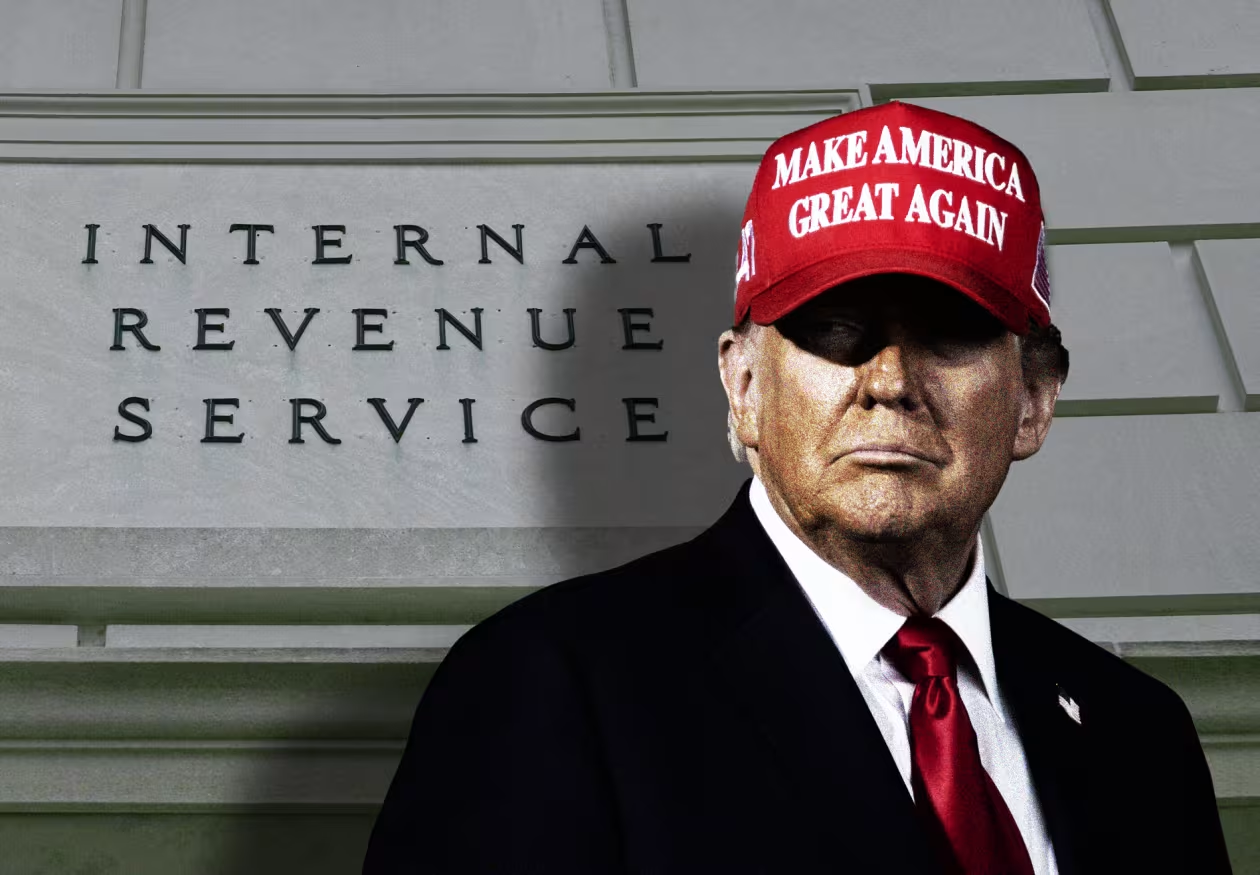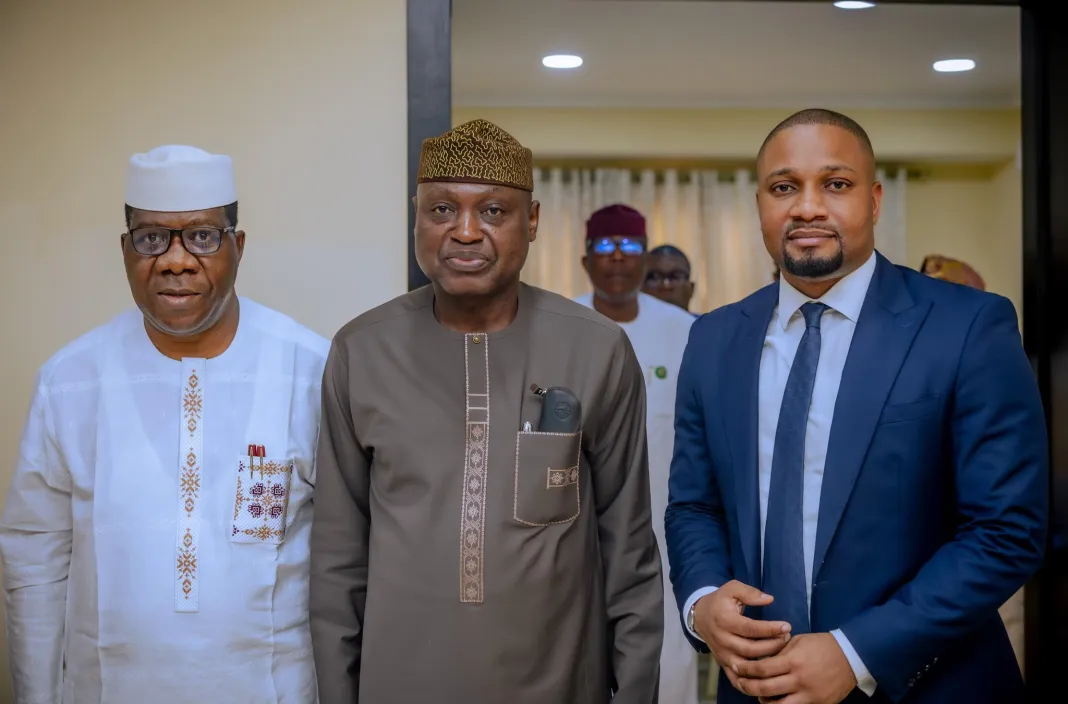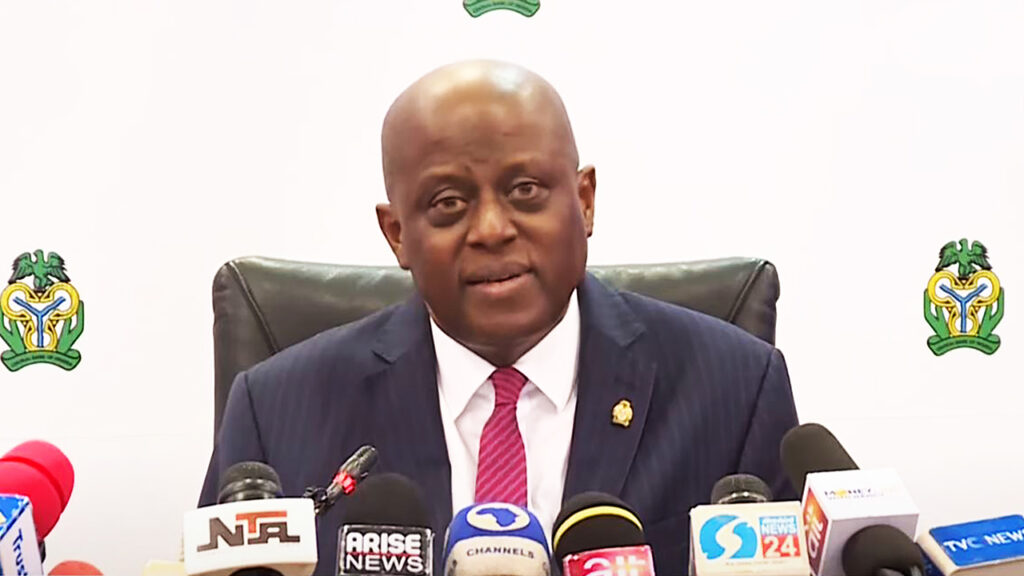On April 2, 2025, U.S. President Donald Trump announced a new trade policy imposing a 14% tariff on Nigerian exports to the United States. This decision is part of a broader initiative to establish “reciprocal tariffs” on countries that levy higher duties on U.S. goods. According to the Trump administration, Nigeria currently imposes a 27% tariff on American products, prompting the U.S. to implement a tariff equivalent to half that rate on Nigerian exports.
The new tariffs are set to take effect on April 9, 2025, and are part of a comprehensive strategy affecting 185 countries. While a baseline tariff of 10% has been established for all imports, nations deemed to have higher trade barriers against U.S. goods face increased rates. For instance, Lesotho, which reportedly imposes a 99% tariff on U.S. products, will encounter a 50% tariff on its exports to the United States.
This policy shift marks a significant departure from previous U.S. trade practices and has elicited varied reactions globally. In Nigeria, concerns have emerged regarding the potential impact on the nation’s exports, particularly in sectors heavily reliant on the U.S. market. Analysts suggest that while the tariffs aim to encourage fair trade, they may also lead to increased costs for American consumers and potential disruptions in international trade relations.
The Nigerian government has yet to issue an official response to the new tariffs. Stakeholders in the affected industries are closely monitoring developments and assessing strategies to mitigate potential economic impacts.




